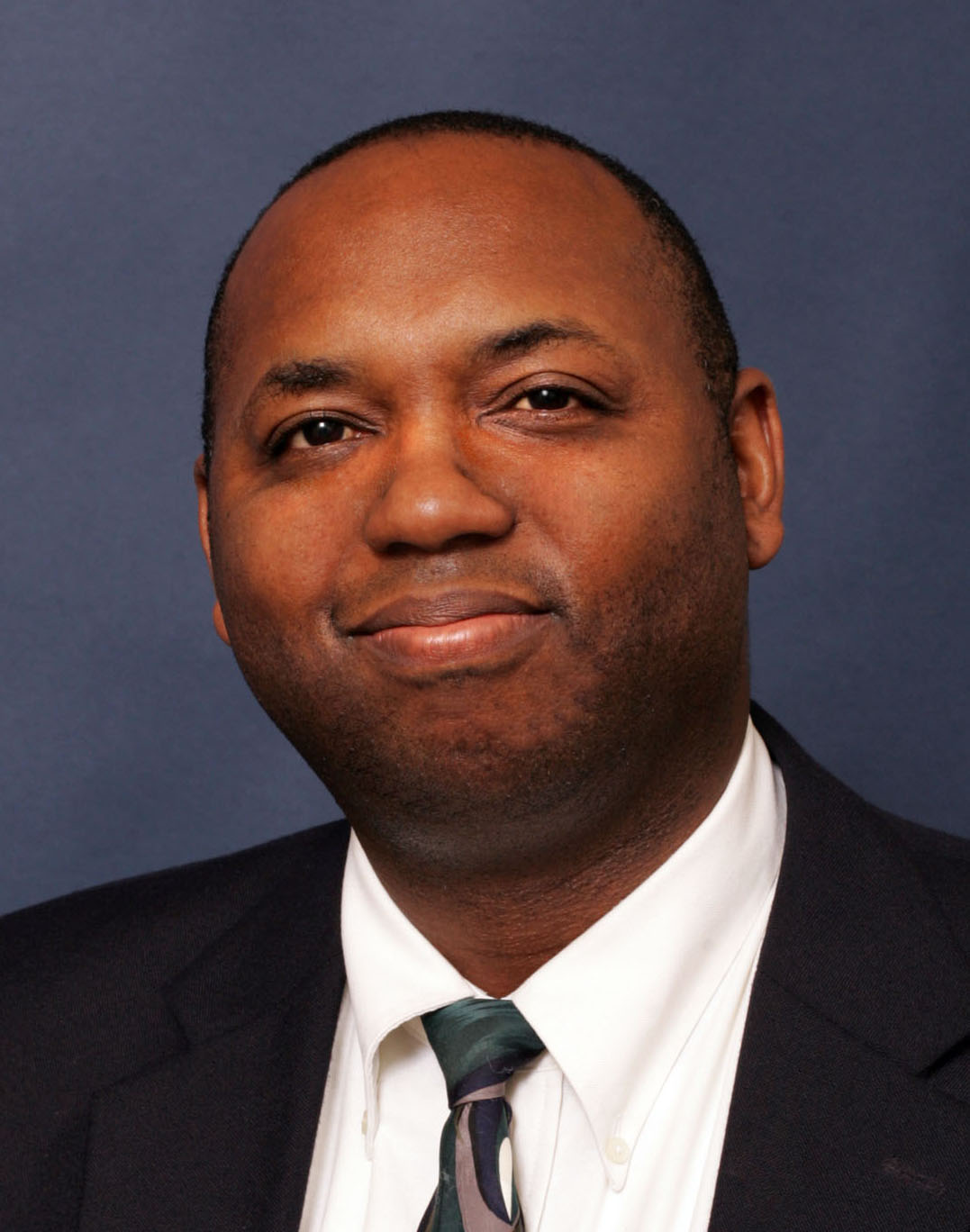
FORT WORTH, Texas (BP) — OK, so did anyone else read about the leaked copy of the UN Intergovernmental Panel on Climate Change’s sixth assessment on climate change?
The IPCC report is due at the end of the month, and for true believers in climate change, it is an inconvenient truth. The report admits and cannot explain why there has been no significant increase in world average temperatures since 1997. And it admits that IPCC scientists’ computer models have been dramatically wrong.
It also appears that the world is much less sensitive to changes in the amount of CO2 in the atmosphere. Consequently, any rise in temperatures from an increased amount of CO2 may take a number of decades. Nonetheless, IPCC scientists believe there is a 95 percent chance that climate change (such as it is) is a man-made phenomenon.
The Daily Mail in London reported Sept. 14 that Judith Curry, head of climate science at Georgia Institute of Technology in Atlanta, said the leaked “summary for policymakers” showed that “the science is clearly not settled, and is in a state of flux…. The consensus-seeking process used by the IPCC creates and amplifies biases in the science. It should be abandoned in favour of a more traditional review that presents arguments for and against — which would better support scientific progress, and be more useful for policy makers.”
In a conversation with a true believer in climate change last year, I was asked why I did not believe in it since I have a strong science background. After all, I tested aircraft and spacecraft as a USAF officer and engineer for 12 years and two more as a commercial space launch contractor.
I told him there was something about the way the science was done that left me suspicious of the claims. In other words, it did not pass the “sniff test.” He replied, “That is not very scientific.” Since he did not have any kind of science background, he could not appreciate my instincts about the methodologies that were being used. There are many others who now are saying the exact same thing that I thought.
What are the practical implications of all of this?
First, there is no reason for green fuels (which pollute more than gas). There is no reason to stop using coal as an energy source. Since there is no energy crisis or environmental crisis, energy prices can fall. This also means that there is less need for a Department of Energy and an EPA. Finally, we can stop worrying about human overpopulation of the earth. What is most ridiculous about this fear is that by 2050 human population will be in decline everywhere.
Even worse than those scientists with wrong theories are those who, while lacking a scientific background, also have a flawed theology.
Some of these believe that “Mother Earth” is a fragile creature. Or perhaps they believe that God designed this world to be so unstable that He could not sustain it with man as the dominant species. They seem to neglect the fact that we live in a fallen world.
In Genesis 1, we find that the world is designed by God to sustain life in general, and human life in particular. God created man after His image and made man the steward of the created order. This does not mean we can be irresponsible with the world’s resources or its environment. But it does mean that we don’t have to keep scaring our kids about something that is not going to happen.
Our God is one we can trust with our future. After all, this world is not our eternal home.
Rather than focusing on global warming (or cooling), we should focus on more important ethical issues such as abortion and euthanasia. And, most importantly, we must never lose sight of giving the Gospel to the lost.
–30–
Craig Mitchell is associate professor of cultural studies at Southwestern Baptist Theological Seminary and director of the seminary’s Land Center for Cultural Engagement. Get Baptist Press headlines and breaking news on Twitter (@BaptistPress), Facebook (Facebook.com/BaptistPress) and in your email (baptistpress.com/SubscribeBP.asp).
















